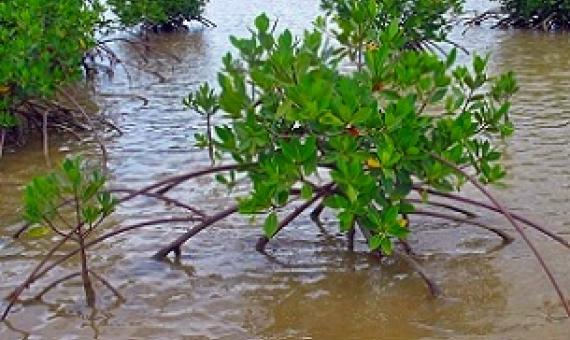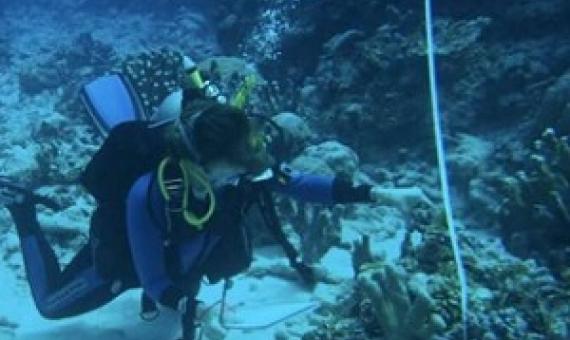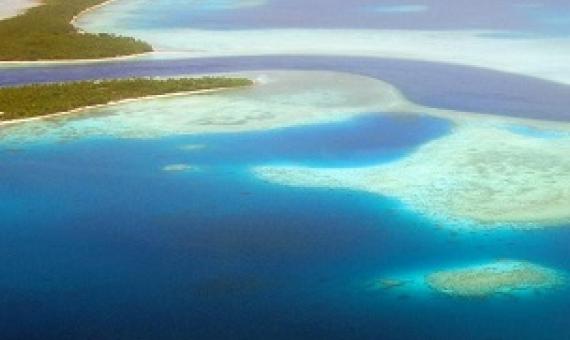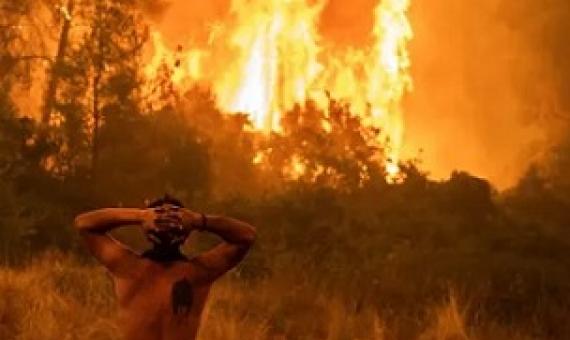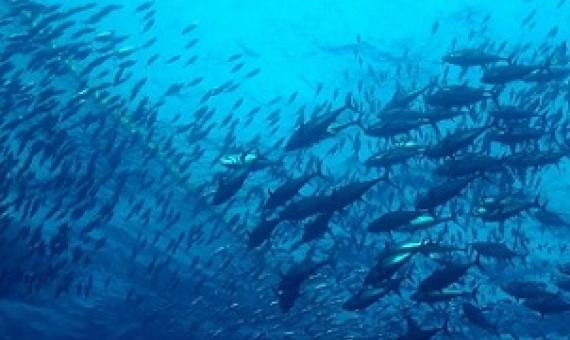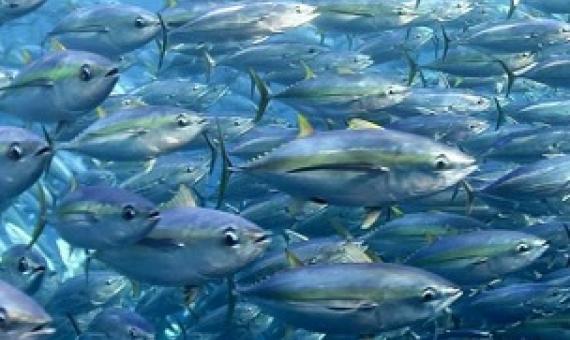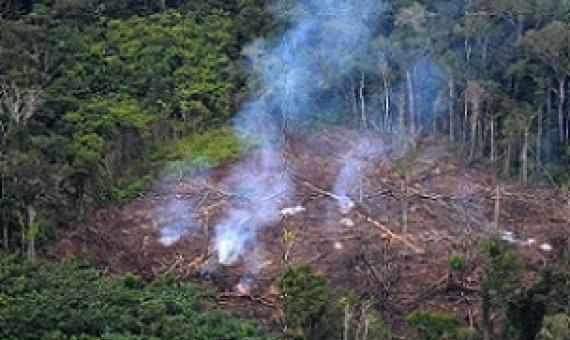Coastal communities around the world are facing increasing threats from tropical cyclones. Climate change is causing rising sea levels and bigger, more frequent storms. Many coastal communities are pondering what to do.
A new UBC study on the impact of climate change on coral reefs is raising sticky questions about conservation. It found coral in more polluted and high traffic water handled extreme heat events better than a more remote, untouched reef.
Pacific Ministers have identified dealing with the immediate impacts of COVID-19 and the longer-term threats of climate change on offshore fisheries as key areas to address, at the 18th Forum Fisheries Committee Ministerial meeting (FFCMin18), which concluded yesterday.
The Pacific's coral reef systems and coastal fisheries are set for extinction if wealthy nations don't drastically and immediately cut greenhouse gas emissions.
Human activity is changing the Earth’s climate in ways “unprecedented” in thousands or hundreds of thousands of years, with some of the changes now inevitable and “irreversible”, climate scientists have warned.
Everyone is wondering WTF? - Wheres the Fish? Anecdotally, across the Cook Islands people are talking about this big issues saying catches are low, even for this time of year, writes Te Ipukarea Society. Many reasons have been suggested, alot of which are valid.
Those who live on the islands and atolls of the southwestern Pacific Ocean are exposed to rising seas and severe storms like almost no one else on Earth, and yet only a fraction are insured against the growing threat of climate change-related ecosystem, human, and economic losses.
High greenhouse gas emissions will drastically alter distribution of key tuna species.
Small Pacific Island states depend on their commercial fisheries for food supplies and economic health. But our new research shows climate change will dramatically alter tuna stocks in the tropical Pacific, with potentially severe consequences for the people who depend on them.
The global economy's business-as-usual approach to climate change has seen Earth's "vital signs" deteriorate to record levels, an influential group of scientists said Wednesday, warning that several climate tipping points were now imminent.

